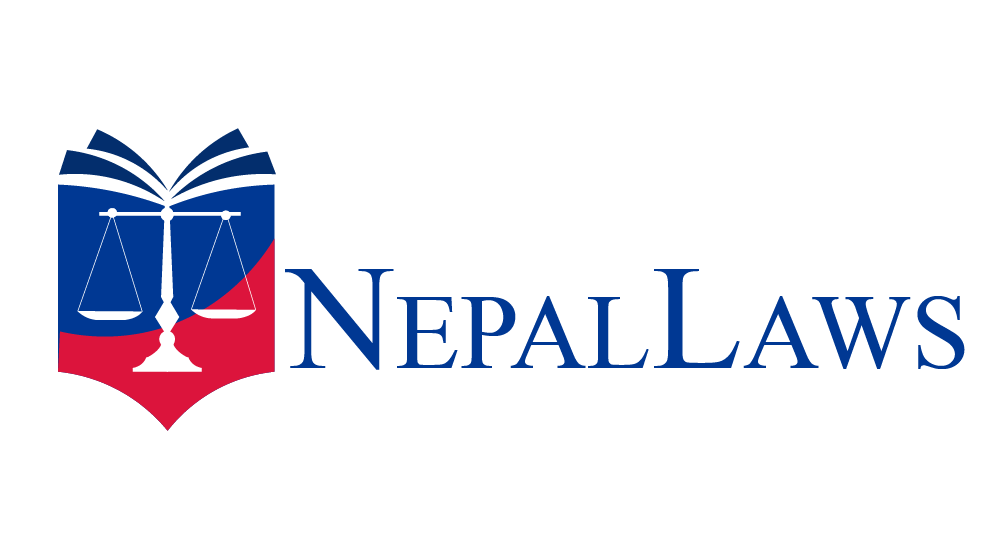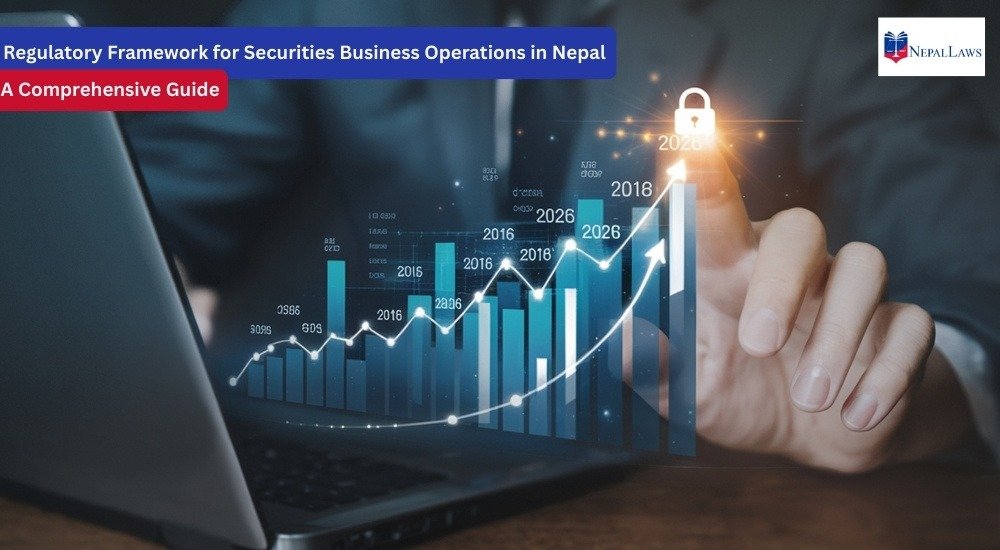General meetings are the backbone of any company’s governance structure. They provide a formal platform where shareholders can come together to discuss, deliberate, and decide on matters crucial to the company’s future.
The Companies Act, 2063, lays down detailed provisions to ensure that such meetings are held in a transparent, fair and legally compliant manner.
From the annual general meeting (AGM), which reviews performance and approves financials, to the extraordinary general meeting (EGM), which handles urgent business decisions, these gatherings play a central role in maintaining accountability between shareholders, directors, and management.
The Companies Act 2063, Section 67, specifically regulates the procedures, notice requirements, decision-making powers, and validity of resolutions passed in such meetings, ensuring that no stakeholder is left unheard.
To ensure everything is done fairly, the Companies Act, 2063, has established clear rules governing the conduct of general meetings.
The types of meetings under the Companies Act 2063, as mentioned in Chapter 5, are as follows:
- Annual General Meeting (AGM)
- Extraordinary General Meeting (EGM)
What Are the Types of General Meetings a Company Holds?
The Companies Act, 2063, has recognised two primary types of general meetings for companies. Here is the explanation for the general meetings:
Annual General Meeting (AGM)
The AGM is a mandatory yearly meeting that every company must hold. It is the principal forum for the shareholders to receive comprehensive reports on the company’s performance, approve financial statements, appoint or reappoint directors and auditors, decide dividends, and discuss other key issues.
Section 76 of Nepal’s Companies Act 2063 governs the Annual General Meeting (AGM) for companies, focusing primarily on public companies.
Additionally, this section currently applies mainly to public companies; private companies are not mandated to hold AGMs unless stipulated in their articles of association.
Recent amendments have begun extending AGM requirements to private companies as well, reflecting modernisation in corporate governance norms.
Extraordinary General Meeting (EGM)
It is another type of general meeting of the company. Unlike the AGM, an EGM is a special meeting convened as needed to consider urgent or exceptional matters that arise between AGMs.
Section 82 of the Companies Act 2063 defines the framework for convening an Extraordinary General Meeting (EGM) and establishes the conditions under which such a meeting may be called.
An EGM is a special meeting of the company’s shareholders held outside of the scheduled Annual General Meeting (AGM), typically used to address urgent or exceptional matters.
The purpose is to enable timely decision-making for matters that cannot wait until the next AGM, ensuring agility in the company’s governance.
How Do Annual General Meetings (AGMs) and Extraordinary General Meetings (EGMs) Differ?
Here is a comparison between the Annual Meeting (AGM) and Extraordinary General Meeting (EGM) under the Companies Act, 2063:
| Aspect | Annual General Meeting (AGM) | Extraordinary General Meeting (EGM) |
|---|---|---|
| Purpose | Regular scheduled meeting to review yearly company business and financials | Special meeting to address urgent, exceptional, or unplanned matters outside AGM Schedule |
| Frequency | Held once every year, within six months after the financial year end | Held as needed whenever urgent matters arise |
| Mandatory Nature | Mandatory for the public companies, usually an annual requirement | Not mandatory, convened only when required |
| Initiation | Usually called by the Board of Directors | Can be called by the Board, auditors, a significant shareholder, or Registrar |
| Agenda | Pre-planned, covers annual accounts, director appointments, dividends, and auditor appointments | Covers urgent and extraordinary business like mergers, amendments to articles, share issues |
| Legal Requirement to Hold | First AGM within one year of starting business, subsequent AGMs yearly | Called as needed without a specified fixed timetable |
| Shareholder Petition Rights | If the company fails to call AGM, shareholders can petition the registrar or the court | Shareholders holding 10% paid-up capital or 25% of shareholders can request a call to the EGM |
| Quorum | Depending on the company’s articles, commonly, the minimum shareholders or shareholding percentage | Same as AGM or as specified by law or articles |
| Effectiveness of Resolutions | Resolutions passed bind the company as part of normal governance | Resolutions bind on urgent or special matters specified in the agenda |

What Are the Procedural Requirements for General Meetings?
The Companies Act, 2063, Chapter 5 Meeting of Company, the general procedures for company meetings typically include:
Procedures for Annual General Meeting (AGM)
- Timing – The first AGM must be held within one year of the commencement of business, and subsequent AGMs must be held every year within six months after the end of the financial year.
- Notice – A written notice stating the date, time, venue, and agenda must be sent to all shareholders at least 21 days in advance. The notice must also be published twice in a national newspaper.
- Venue – The meeting is typically held in the district where the company’s registered office is located, or in an adjoining convenient district.
- Quorum – A minimum number or percentage of shareholders must be present (personally or by proxy) to constitute a quorum according to the company’s articles.
- Agenda – Matters such as approval of financial statements, appointment/reappointment of directors and auditors, declaration of dividends, and other routine business related to corporate governance are discussed.
- Voting – Shareholders may vote in person or by proxy, including corporate shareholders through appointed representatives.
- Meetings and Decisions – The chairperson or a designated person chairs the meeting. Resolutions are passed based on majority voting unless otherwise prescribed.
- Filing Compliance – Certain resolutions and meeting minutes must be filed with the Office of Company Registrar (OCR).
Procedures for Extraordinary General Meeting (EGM)
- Calling the Meeting – An EGM can be called by the board of directors, the company’s auditors, shareholders holding at least 10% of paid-up capital or 25% of total shareholders, or the OCR upon petition.
- Notice – Notice must be sent at least 15 days before the meeting, specifying the cause and agenda. Notice must be published twice in a national newspaper.
- Venue – Same as AGM, at the registered office district or adjoining district.
- Quorum – Quorum requirements as per the articles or law must be fulfilled.
- Agenda – Only urgent and special matters specified in the notice, such as amendments to the articles of association, new share issues, mergers, or removal of directors, are discussed.
- Voting – Shareholders vote in person or by proxy, including appointed representatives for corporate shareholders.
- Chairing – The meeting is chaired by the chairperson or a person appointed by the board.
- Adjournment – The chairperson can adjourn the meeting if necessary, and the adjourned meeting retains the power to pass valid resolutions.
- Legal Recourse – If the board fails to call an EGM when required, shareholders or auditors may petition the OCR or court to order the meeting.
Both AGMs and EGMs require strict adherence to notice periods, agenda clearances, quorum requirements, voting rights, and transparency to ensure lawful and effective corporate governance under Nepalese law.
The key difference lies in their purpose and frequency, with AGMs being routinely scheduled gatherings and EGMs being convened as necessary to address extraordinary business matters.
Conclusion
General Meetings, specifically the Annual General Meeting (AGM) and the Extraordinary General Meeting (EGM), are essential for maintaining corporate governance under the Companies Act, 2063.
AGMs are mandatory, scheduled annual events that enable shareholders to review the company’s performance, approve its financial statements, and make decisions on key governance issues.
In contrast, EGMs are called as needed to address urgent, exceptional matters that arise between AGMs. Both meetings require strict procedural compliance, including timely notices, quorum requirements, and proper voting mechanisms to ensure transparency and accountability.
Ultimately, AGMs serve as regular forums for ongoing corporate management, while EGMs provide flexibility for addressing unforeseen issues.




